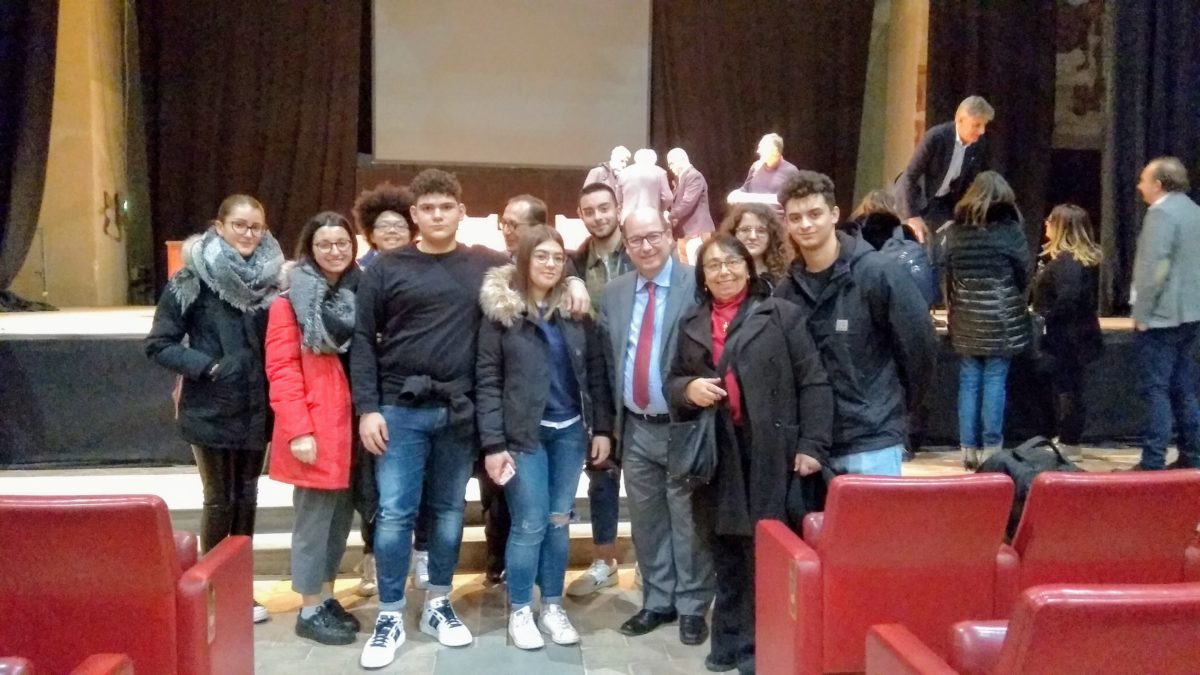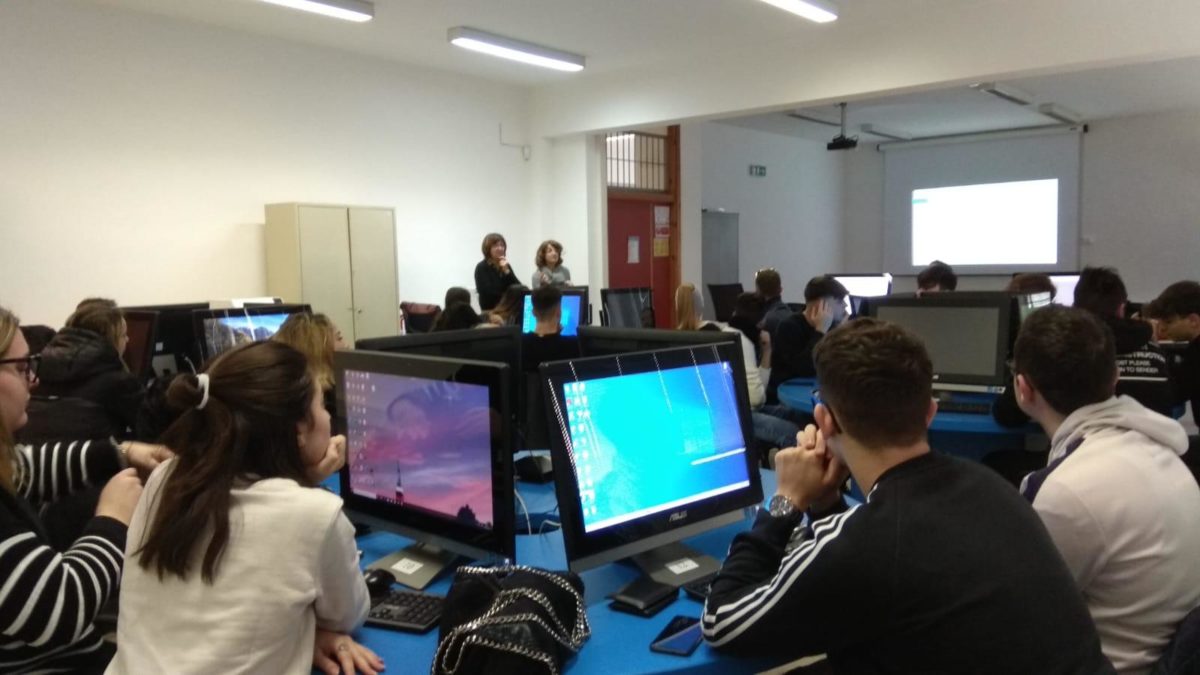IPSSAT Rocco Chinnici is partner in the Erasmus+ Project «Effective Communication – Communication Skills» (Nr. 2018-1-CZ01-KA229-048217_2) implemented by 5 Schools from the Czech Republic, Bulgary, Italy, Turkey and Portugal, involving around 250 students.
Learners developed their communication skills through team building and group work activities as well as their digital skills to improve communication effectiveness.
IPSSAT “Rocco Chinnici” is a sicilian high school specialized in the field of hospitality and tourism and the next may 2020 will host the final project meeting.


